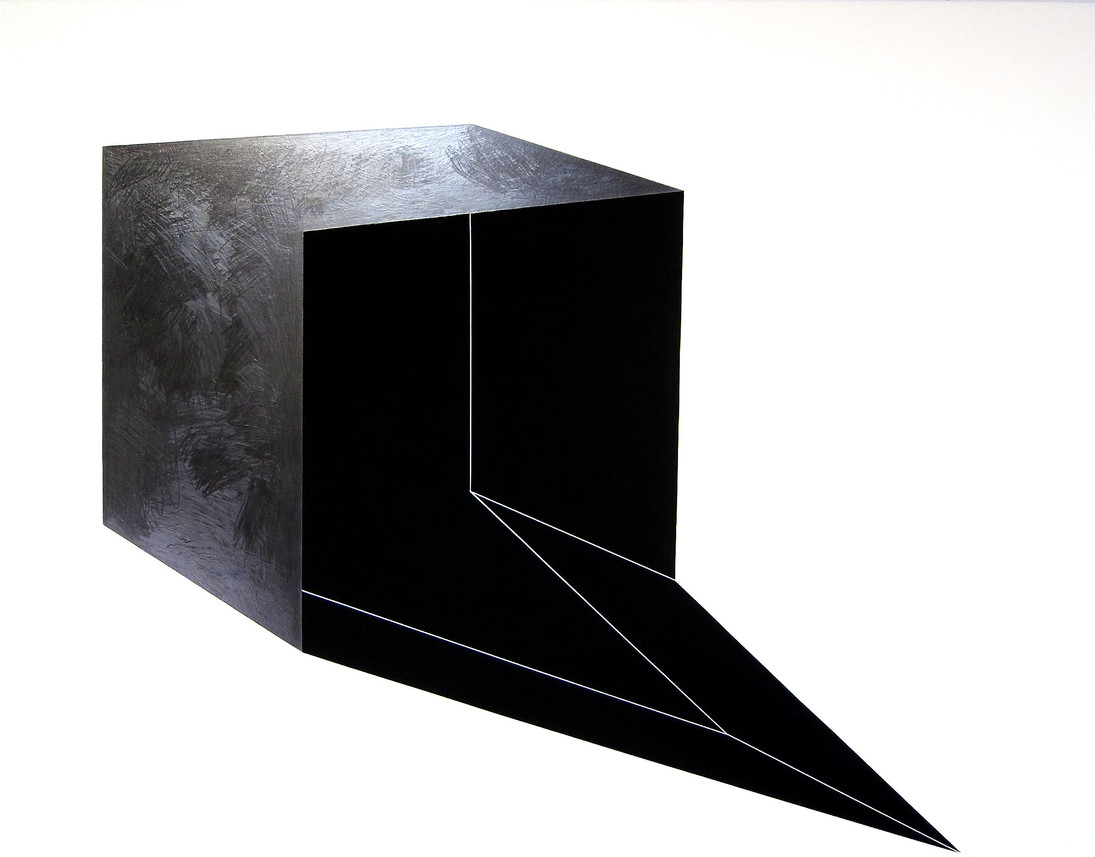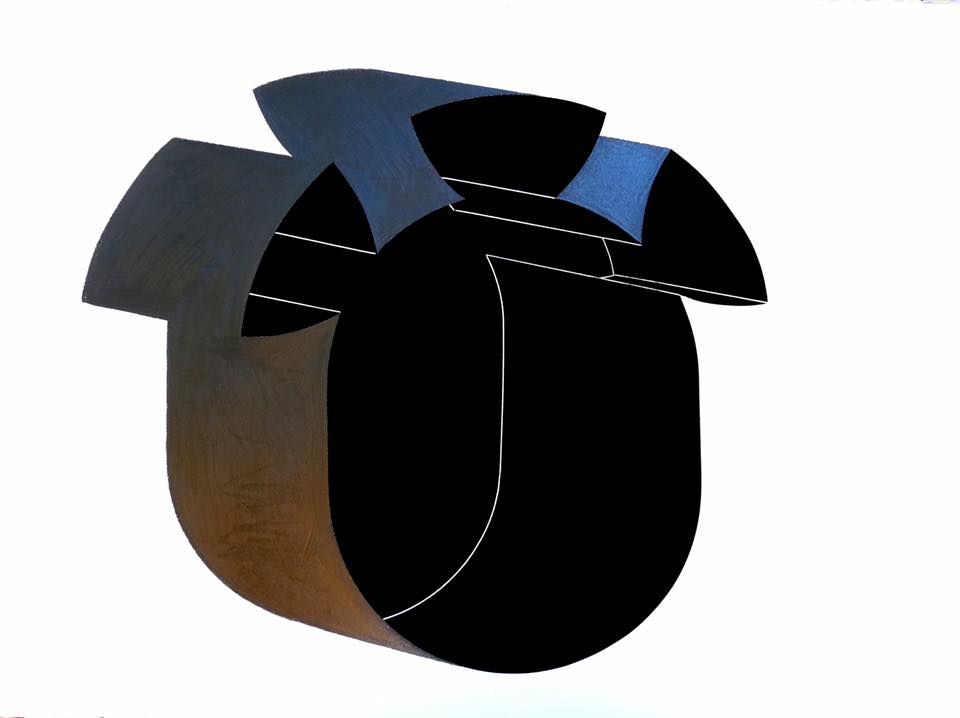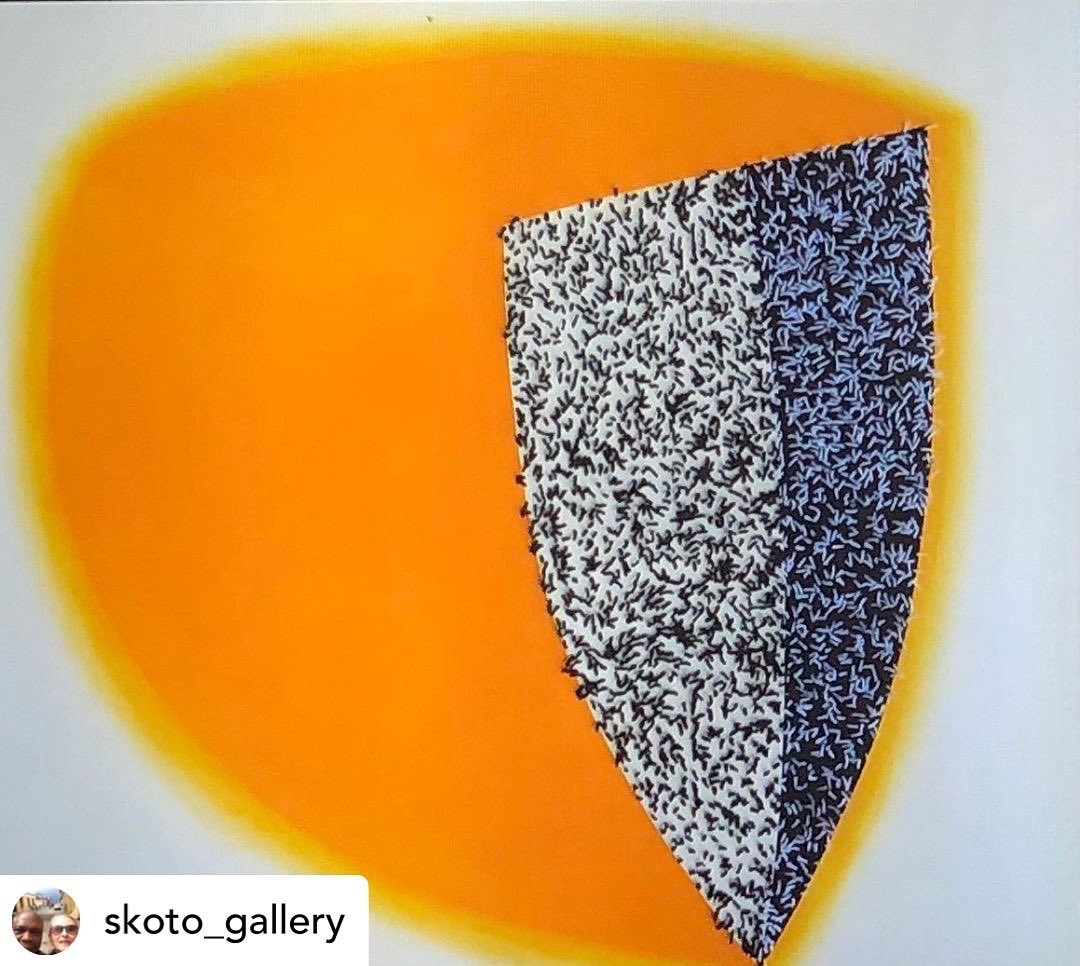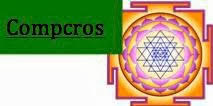The Journey of the Children of Omoluabi : Yoruba History as a Quest for Meaning in Akin Ogundiran’s The Yorùbá: A New History Part 1
Oluwatoyin Vincent Adepoju
The essay is written in a conversational manner, thinking the ideas through.
I find those lines exciting because they promise a robust exploration of how Yoruba people generally thought and behaved in relation to various developments during the period in question.
''The deep-time history of the Yorùbá is the subject of this book.
It is an account of
(1) the experiences and events that shaped the long-term history of the ancestral Yorùbá people;
(2) the generative actions that they used to translate their experiences into new practices or traditions; and
(3) the principles and values that made life meaningful for them between
ca. 300 BC and AD 1840. ''
''the principles and values that made life meaningful for them between
ca. 300 BC and AD 1840. ''
'' Afẹ́fẹ́ lẹ́gẹ́lẹ́gẹ́ awo ilé aiyé
Ẹ̀fúùfù lẹ̀lẹ̀ awo òde ọ̀rún
Luminiferous ether is the mystery of Earth
Cosmic dust is the mystery of the World of Origins
The One of Earth Immersed in Mystery
The Adept of Mystery in the Zone of the Beginning
Opening lines of Ifa poem adapted from Yoruba text and translation by Seyi Ogunfuwa ''
'' The Tangible and Intangible
I am interested in issues of self identity, and in concepts of the self rooted in my cultural experiences growing up in Nigeria, as well as global metaphysical, scientific, and social concepts of the self. There is a Yoruba thought that consciousness, referred to as the “head”, has both a physical dimension called the “outer head” and a non-physical one: “the inner head”. It is the visual implications of concepts like this that I find intriguing.

I explore the light sheen of graphite, the matte, light absorbing quality of black pastel, the white of paper and canvas, as well as the visually affecting interactions of colors to investigate form and its evocative potential to suggest or hint at something about the shape of the head.
.jpg?part=0.3&view=1)
I am interested in the dualism of form
and void, and the ontological relation between the tangible and intangible,
something and nothing, light and dark, body and mind, the dual nature of being
- the self in portraits.

The construction of a sense of self is a very complex process, perhaps even more so in our increasingly global age, in which the boundaries between race, nationality, gender and sexuality are getting more and more blurred.

Oluwatoyin Vincent Adepoju
This critique will be kept in mind in relation to later examination of his engagement with the tension between the various factors that constitute religion and its role in being shaped by and shaping Yoruba history and culture across time.

The invocation of Audu's art foregrounds Yoruba ideas of the self as conjunctive of individual, social and spiritual dimensions, an idea complementing Ogundiran's exploration of the journey of the Yoruba social self across space and time.
The reference to this understanding of the self also evokes the question of the points of intersection of the terrestrial, the material and factors beyond these immediacies in the shaping of individual and social history and the thought systems emerging in the course of these, a question provoked by Ogundiran's wrestling with the role of spirituality and cosmology in Yoruba history.
The essay is written in a conversational manner, thinking the ideas through. At times aphoristic rather than expository.
I find those lines exciting because they promise a robust exploration of how Yoruba people generally thought and behaved in relation to various developments during the period in question.
''The deep-time history of the Yorùbá is the subject of this book.
It is an account of
(1) the experiences and events that shaped the long-term history of the ancestral Yorùbá people;
(2) the generative actions that they used to translate their experiences into new practices or traditions; and
(3) the principles and values that made life meaningful for them between
ca. 300 BC and AD 1840. ''
''the principles and values that made life meaningful for them between
ca. 300 BC and AD 1840. ''
'' Afẹ́fẹ́ lẹ́gẹ́lẹ́gẹ́ awo ilé aiyé
Ẹ̀fúùfù lẹ̀lẹ̀ awo òde ọ̀rún
Luminiferous ether is the mystery of Earth
Cosmic dust is the mystery of the World of Origins
The One of Earth Immersed in Mystery
The Adept of Mystery in the Zone of the Beginning
Opening lines of Ifa poem adapted by myself from Yoruba text and translation by Seyi Ogunfuwa ''
'' The Tangible and Intangible
I am interested in issues of self identity, and in concepts of the self rooted in my cultural experiences growing up in Nigeria, as well as global metaphysical, scientific, and social concepts of the self. There is a Yoruba thought that consciousness, referred to as the “head” [ori], has both a physical dimension called the “outer head” [ ori ode] and a non-physical one: “the inner head” [ori inu]. It is the visual implications of concepts like this that I find intriguing.

The self as mysterious and beautiful, inaccessible to full perception, hence the evocation of darkness, yet reaching out from its concealment to engage with the world, hence the triangular formation emerging from the obsidian square-commentary by Oluwatoyin Vincent Adepoju
I explore the light sheen of graphite, the matte, light absorbing quality of black pastel, the white of paper and canvas, as well as the visually affecting interactions of colors to investigate form and its evocative potential to suggest or hint at something about the shape of the head.
.jpg?part=0.3&view=1)
The self as a configuration of varied possibilities evoked by interlinked multi-coloured geometries, opening into space, a space of ultimate possiblity from where the self originates and in which it is grounded- commentary by Oluwatoyin Vincent Adepoju
I am interested in the dualism of form
and void, and the ontological relation between the tangible and intangible,
something and nothing, light and dark, body and mind, the dual nature of being
- the self in portraits.

The self as womb of possiblity, dark because significantly inaccessible in its depths to the conscious mind, a pregnant void structured by its material frame, its biological imperatives and their mental coordinates - commentary by Oluwatoyin Vincent Adepoju
The construction of a sense of self is a very complex process, perhaps even more so in our increasingly global age, in which the boundaries between race, nationality, gender and sexuality are getting more and more blurred.

